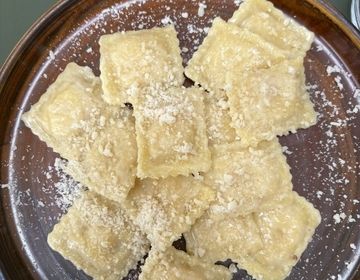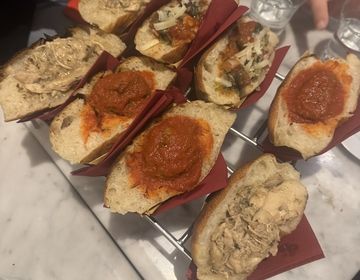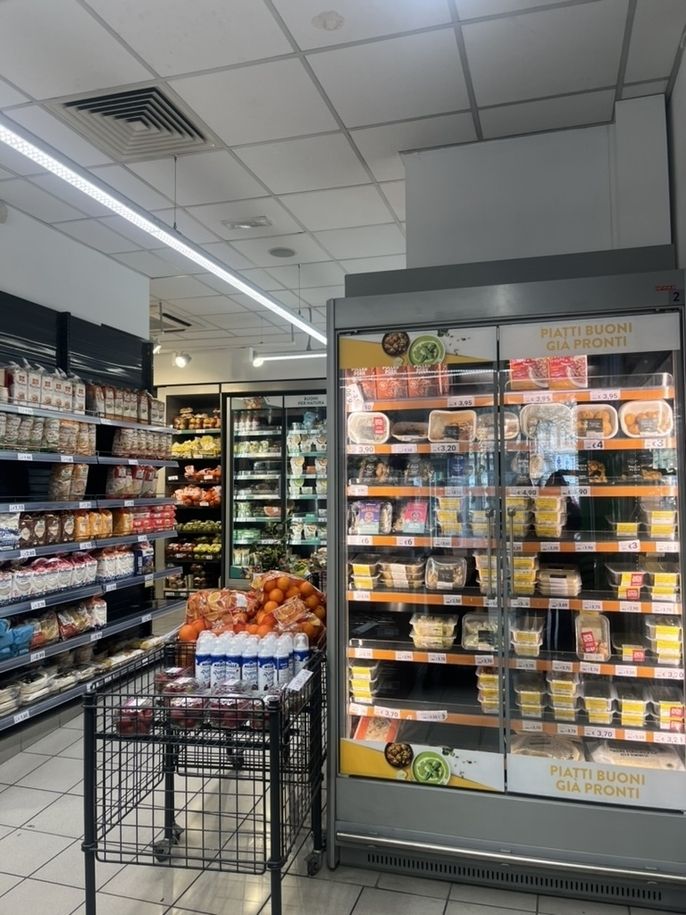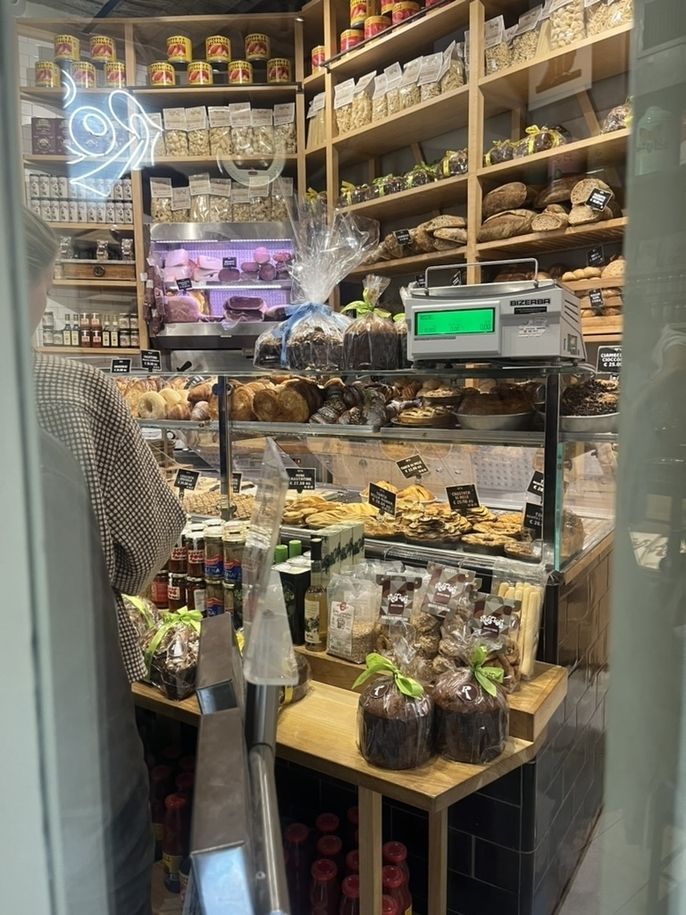What No One Tells You About Grocery Shopping Abroad
By: Lalitha Viswanthan
Some of the struggles I have experienced during study abroad revolve around food: buying groceries, meal prepping, ensuring that none of my produce goes bad before I get around to using it, and not taking up too much space in my shared refrigerator.
This is something that none of my older friends prepared me for, and it is not typically discussed in advice guides, but I believe it should be. Here are some tips that I have learned from living in an apartment in Rome for four months, while also sharing cabinet and fridge space with four other girls.
First, when you initially get to your host country, explore your neighborhood and establish two-to-three grocery stores or markets that you feel comfortable with and can rely on when you need to replenish your food. I personally love Carrefour and Conad, as I have those stores right around the corner from my apartment.
One of my biggest tips is to never get more than you need, especially when it comes to fresh produce such as fruits, vegetables, or eggs. During the week, you will unexpectedly grab a meal with a friend, wake up too late to grab breakfast, and what is the end result? Food goes to waste. While it is sometimes unpreventable, I prefer to live as waste-free as possible.
I enjoy making a list on my Notes app of the meals that I want to make for the week, and I try to find the ingredients in the store – again, nothing more than I need to get. When it comes to produce, I try to get produce that does not need refrigeration. Our fridge is extremely tiny, even more so when you factor in that five girls are sharing it. The fruits and vegetables I buy I get from the section where it is just sitting out, and this helps conserve space in my fridge for foods that really need to be cold.
I would also be remiss to not explain how Italian grocery stores operate. When you buy fresh produce, you have to go to a scale that is located nearby and type in a number that corresponds to the food type. The scale weighs it and prints out a barcode with the price of the product. The first time I went to the grocery store I was extremely confused, and this is just a helpful tip for first time goers.
While one of the highlights of living in Rome is the amazing food, pizza or pasta, I highly recommend diversifying your meals when abroad. For the first month abroad, I only ate Italian food, and by the time February came along I needed a different cuisine very badly. Now, I have a healthy rotation of meals, ranging from Greek to Chinese to American, all the while having a majority of it being Italian food. This could also be part of the meal prepping part of the week, where you can plan out the types of meals and foods that you want to eat, and therefore buy,
Italy has specialized stores as well, like bakeries, butchers, bread stores (forno), and large markets, like in Testaccio or Campo di Fiori. These are more localized ways to purchase food, and one of the unique aspects of living in Europe that I do not have at home. I highly recommend trying as many foods and stores as possible to enjoy all of the food and produce Italy or your destination has to offer!
Related Posts

Eating Through Rome
By: Sammi Desch Over the last couple of months, I have curated guides for the best food in Rome from locals, chefs, friends, professors, Reddit, and through my own exploration... keep reading

Why I Chose Rome — And Why You Might Too
By: Brianna Sullivan Hi everyone! I’m Brianna Sullivan, and this Spring 2025, I’m studying abroad with CIEE in Rome, Italy. The people I’ve met, the places I’ve explored, the lessons... keep reading

Culture, Cuisine, and Cobblestones: My Life in Rome
By: Madeline Wooster Living in Rome as a study abroad student still doesn’t feel real most days. I’m constantly surrounded by beautiful old buildings, tiny cafes, and winding streets —... keep reading



